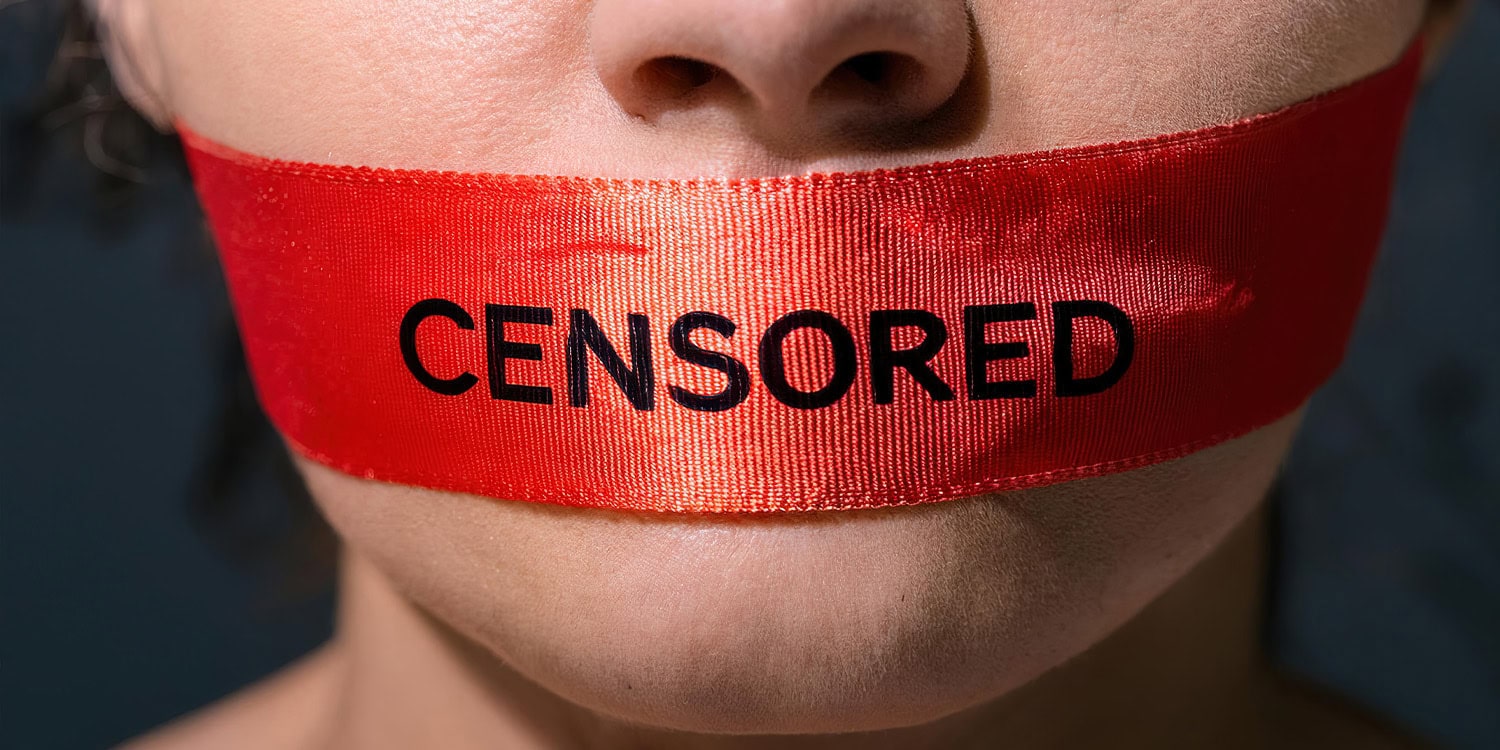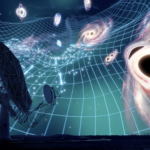Research published in the Personality & Social Psychology Bulletin reveals that claims of censorship or “forbidden knowledge” polarize perceptions and critical thinking based on political ideology.
Victoria A. Parker and colleagues explored how censorship claims about controversial topics, such as COVID-19, influence public perceptions. Building on past research into the “forbidden fruit” phenomenon, which suggests that people value restricted information more, the team investigated whether such claims, particularly around politically charged issues, like vaccine risk, might heighten allure or skepticism depending on political alignment.
In Study 1a, the researchers recruited 1,000 participants via Prolific, balancing liberal and conservative self-identifications. Participants were randomly assigned to one of two conditions. In the forbidden condition, participants read three COVID-19-related headlines framed as censored (e.g., “THE TRUTH about the possible lab origins of the COVID-19 virus is being kept from you. Here’s the information NO ONE is allowed to talk about”); the control condition featured neutral framings of the same headlines (e.g., “New reports about the possible risks of mRNA”). The topics included COVID-19’s lab origins, alternative treatments, and vaccine risks. Participants rated their attraction to, belief in, and perceptions of censorship for the headlines on 11-point scales.
Study 1b involved 390 participants, also evenly split by political ideology and recruited through Prolific. Participants were asked to imagine hypothetical censorship scenarios for the same COVID-19 topics. They then rated six questions about their interpretations of censorship, focusing on whether censorship implied the information was harmful or false (a cautionary interpretation) or valuable and suppressed by powerful entities (a reactance interpretation).
Study 2, which included 973 participants recruited from CloudResearch, extended these findings by examining the effects of forbidden knowledge framing on critical thinking. Participants read a fabricated headline about vaccine risks framed either as censored or neutral. They then read a fictitious article describing vaccine risk data, which required calculating proportions to determine that vaccination did not increase the risk of severe symptoms. Participants were asked to draw conclusions from the data. This design tested whether forbidden knowledge framing influenced participants’ ability to critically evaluate worldview-consistent claims.
Study 1a revealed meaningful differences in how liberals and conservatives responded to forbidden knowledge framing. Conservatives consistently rated the forbidden knowledge framed headlines as more censored, attractive, and believable than liberals, regardless of condition. This framing, however, amplified ideological divides: liberals reported less attraction and belief in forbidden knowledge-framed headlines compared to neutrally framed ones, while conservatives maintained high levels of attraction and belief across conditions.
Study 1b demonstrated that liberals and conservatives interpreted censorship claims differently. Liberals generally associated censorship with misinformation, assuming it signaled that the information was harmful or false. Conservatives, in contrast, viewed censorship as evidence of valuable information being suppressed by powerful entities, aligning with a reactance perspective.
Study 2 showed that forbidden knowledge framing significantly influenced conservatives’ critical thinking. Conservatives who read the forbidden knowledge-framed article about vaccine risks were more likely to incorrectly conclude that vaccination increased the risk of severe symptoms. In contrast, conservatives in the neutral condition and liberals in both conditions were more likely to correctly interpret the data, concluding that vaccines did not increase risk.
Combined, these results emphasize how forbidden knowledge framing deepens ideological divides and influences critical thinking processes, in ways that perpetuate polarization.
One limitation is that these studies focused on conservative-aligned COVID-19 claims, limiting the generalizability of findings across other topics.
The research, “Alluring or Alarming? The Polarizing Effect of Forbidden Knowledge in Political Discourse,” was authored by Victoria A. Parker, E. Kehoe, J. Lees, M. Facciani, and A. E. Wilson.




